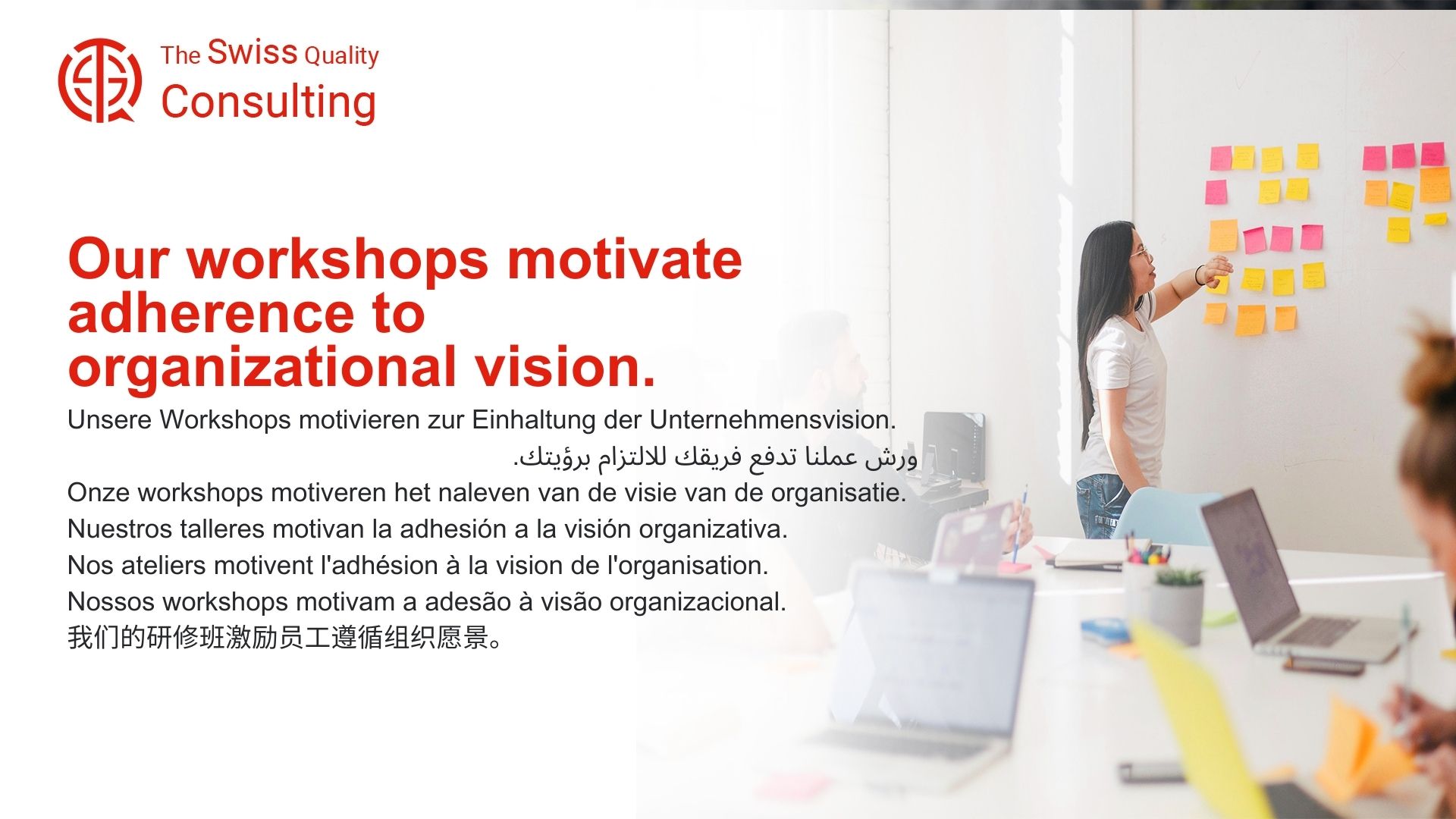Unlocking Business Potential by Automating Mundane Tasks
Introduction
In today’s fast-paced business environment, the mantra “Automate mundane tasks and focus on strategy” has become increasingly relevant. This article illuminates the concept of Strategic Automation in Business, highlighting how companies can harness technology to eliminate tedious processes and redirect their energy towards strategic planning and core business goals.
Change Management for Automation Integration
Integrating automation into business processes represents a significant shift in how companies operate, necessitating a comprehensive approach to change management. This section delves into the critical principles of change management that are pivotal for the successful adoption of automation, ensuring that the introduction of this technology enhances, rather than disrupts, business operations.
Effective change management for automation integration starts with thorough planning. It involves understanding the current processes in detail and identifying the areas where automation can bring the most benefit. This step is crucial for ensuring that automation aligns with the business’s objectives and adds real value.
Communication is another key aspect of change management. It’s important to clearly communicate the benefits and implications of automation to all stakeholders, including how it will affect their roles and responsibilities. Clear communication helps in managing expectations and reducing resistance to change.
Training and support are essential for facilitating a smooth transition to automated processes. Employees need to be trained not only on how to use the new technology but also on how it changes their workflow. This training should be comprehensive and ongoing to address any challenges as they arise.
Moreover, monitoring and feedback are vital components of change management. After the implementation of automation, continuous monitoring is necessary to measure the impact and effectiveness of the change. Gathering feedback from employees and other stakeholders is equally important to make ongoing improvements.
In summary, change management for automation integration requires a well-planned and executed strategy that includes understanding current processes, effective communication, adequate training and support, and continuous monitoring and feedback. By adhering to these principles, businesses can ensure that the integration of automation into their processes is both successful and beneficial.
Executive Coaching for Strategic Focus
Leadership plays a crucial role in driving a strategic focus within an organization. We will delve into how executive coaching can prepare business leaders to spearhead automation initiatives that align with long-term strategic goals.
Effective Communication: Key to Automation Adoption
Clear communication is essential when implementing new technologies like business process automation. This segment will highlight the best practices for communicating the benefits and changes automation brings to an organization’s workflow.
Generative Artificial Intelligence: Beyond Mundane Tasks
Generative Artificial Intelligence (AI) is at the cutting edge of business process automation. In this section, we examine how generative AI can take on repetitive tasks and allow team members to focus on strategic and creative work.
Management Consulting: Navigating the Automation Journey
Management consulting firms play a pivotal role in guiding businesses through the automation journey. This section will discuss how consultants assess the readiness of a business for automation, identify key areas for implementation, and develop bespoke strategies to integrate automation for enhanced strategic focus.
Leadership and Management in the Age of Automation
As automation reshapes the business landscape, the skills required for effective leadership and management are also evolving. Here, we explore the new competencies that leaders must develop to manage teams in an automated workplace, emphasizing the shift from operational oversight to strategic innovation.
Business News Updates: Success Stories in Strategic Automation
Keeping abreast of the latest business news, this section will provide updates on companies that have successfully implemented automation to streamline operations and sharpen their strategic edge. These success stories offer valuable insights and best practices for businesses looking to embark on their own automation initiatives.
Conclusion
The imperative to “Automate mundane tasks and focus on strategy” has never been more critical in the pursuit of business excellence. Strategic automation liberates the workforce from repetitive tasks, allowing businesses to allocate their most valuable resource — human creativity and strategic thinking — towards activities that drive growth and innovation. As we have seen, the journey towards automation, supported by expert change management, executive coaching, and generative AI, is paving the way for a new era of business efficiency and strategic accomplishment.
#StrategicAutomation #BusinessEfficiency #AI #ChangeManagement #ExecutiveCoaching #BusinessStrategy #Leadership #Management #BusinessInnovation #ProcessAutomation #ArtificialIntelligence #OperationalExcellence























